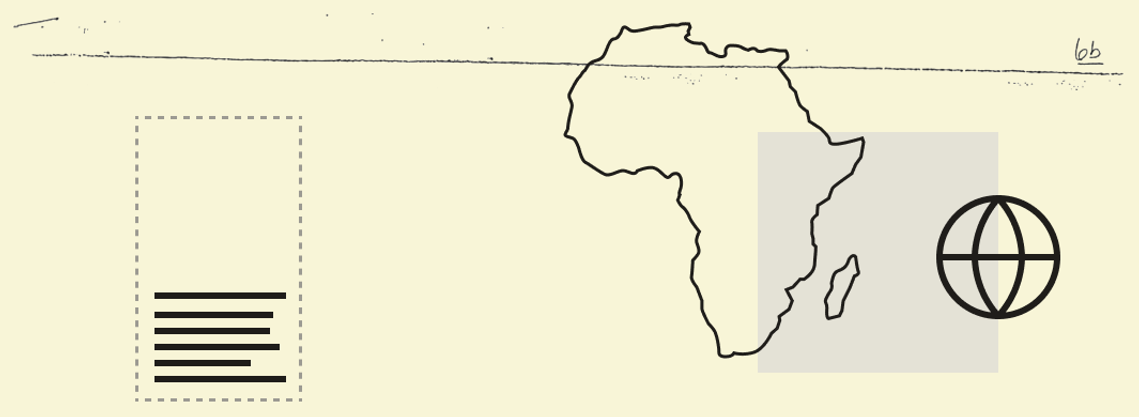 Governance Seyllou/AFP via Getty Images Seyllou/AFP via Getty Images🇸🇳 Senegal’s Prime Minister Ousmane Sonko questioned France’s military presence in the country, and reiterated the country’s desire for self-determination was incompatible with the long-term presence of foreign military bases. 🇰🇪 A Kenyan lawyer filed an application on Friday seeking to stop the deployment of Kenyan police officers to Haiti, arguing it would contravene the constitution. About 200 Kenyan police officers were expected to be deployed to Haiti this week as part of a UN-backed security mission. 🇬🇭 Ghana’s parliament on Friday approved a $150 million loan agreement between the government and the World Bank to the country’s economic resilience. Tech🇿🇦 South African tech multinational Naspers made Fabricio Bloisi its new CEO with effect from July 1. He will also oversee the company’s European subsidiary Prosus. 🇳🇬 A Nigerian court ruled that Binance can be served with a tax evasion charge through one of its employees, Tigran Gambaryan, who has been detained in the country since February. His trial began on May 17. 🇨🇬 Congo Brazzaville is getting its first national data center to store and process data generated in the country. The $72 million project is funded by the African Development Bank and the Congolese government. 🇰🇪 Kenyan ecommerce company Copia told its more than 1,000 staff members that it may not meet payroll and could lay off some employees because “uncertainties lie ahead.” Commodities  Philippe Lissac/Godong/Getty Images Philippe Lissac/Godong/Getty Images🇨🇮 Côte d’Ivoire’s cocoa regulator suspended around 40 cooperatives for hoarding more than 60,000 metric tons of cocoa since the start of the mid-crop in early April to sell at a higher price. Exporters are struggling to meet their contractual obligations following a long drought season and cocoa disease. 🇺🇬 The Ugandan government began reviewing its ability to mine uranium. It is examining its laws, capacity reserves, and environmental protection as it aims to develop nuclear energy by 2031. Security🇳🇪🇺🇸 US troops will complete their withdrawal from Niger by mid-September, according to a joint statement from Nigerien defense officials and the Pentagon released on Sunday. Deals🇺🇬 Uganda awarded a contract to Belgian firm Coil and Coppleters to reclaim land and dredge Lake Victoria by May next year to pave the way for the development of the new Bukasa port. 🇧🇯 Benin-based electric motorcycle provider Spiro agreed a $50 million debt facility with the African Export-Import bank to add battery swap stations and motorcycle models. 🇸🇳 Senegalese telecoms company Sonatel received a $94.5 million loan from the International Finance Corporation, British International Investment, and Proparco to improve its broadband delivery infrastructure. |